Education Debate Topics
2 March 2023
Did you know that debates have a variety of “topic areas” that you might be asked to explore? A topic area is a broad umbrella for a variety of debating topics that are all related to the same key theme.
Often, debating is about using your knowledge within the topic area to come up with reasons for or against the motion. So, it can be very handy to know what each main topic area is and what you need to know. That’s why we will be releasing a series of blogs breaking down each debating topic area, providing example topics and giving you tips on how to win every debate about that theme.
In today’s blog, we will take a look at Education Debates – debating topics that focus on the central issue of the Quality of Education. We will look at what it means to debate on this topic, give some example topics and ideas for research as well as provide handy tips on how to win debates about Education.
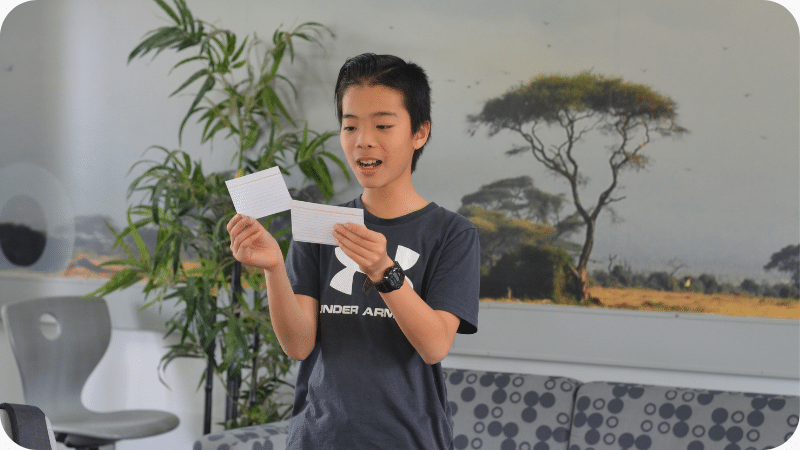
What are education debates all about?
Education debates are often about how to improve and maintain quality education for students across the country, state or even the world. It covers debates about improving access to education, the role of teachers and parents in children’s education, educational policy and technology in the classroom.
Essentially, education debates are about how to make sure that every student has access to quality education. This could be anything from discussions about school curriculum, teachers’ pay, school rules, uniforms, sports and assignments to debates about the way the school system is organised at the governmental level and whether University education should be free.
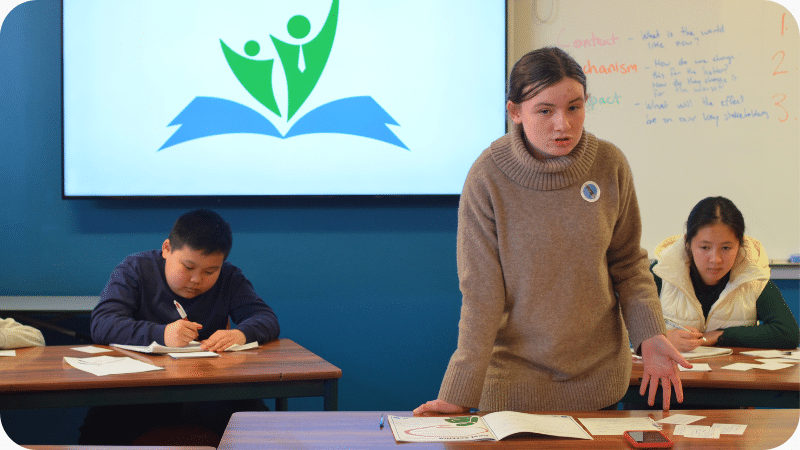
We can break down the broad umbrella of ‘Education Debates’ into a few sub-categories of education-related motions:
Student Life
- School uniforms
- Homework
- Socialisation time
- Exams and assessment tasks
- Access to technology
- Bullying prevention
- Mandatory volunteer work
- School sports
- School canteen menus
- Student leadership
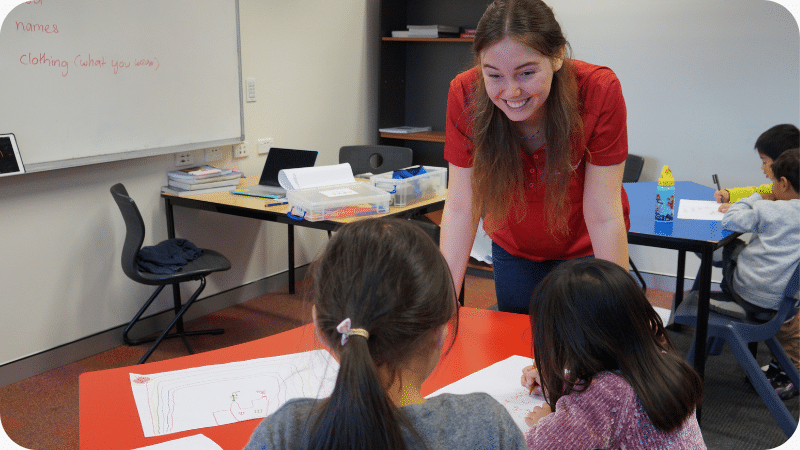
Teaching
- Teacher’s pay
- Flexibility of curriculum
- Class sizes
- Teacher responsibilities
- Administrative work
- Banned subjects
- Adding new subjects
- Allowing electives
- Teaching to the test
- Teaching approaches
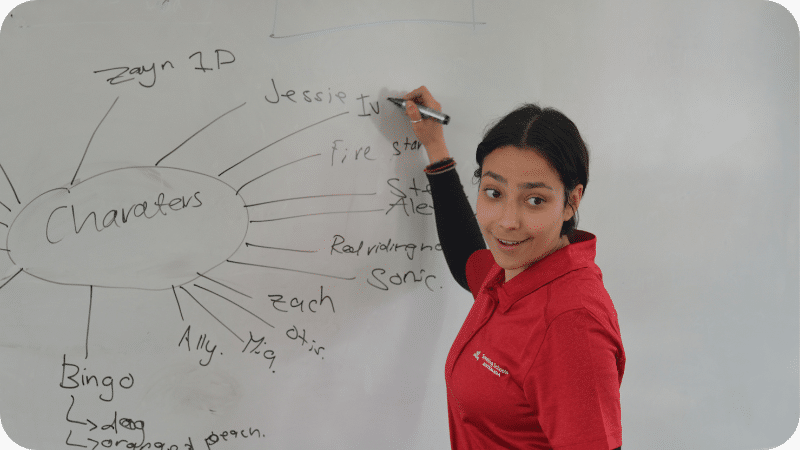
Educational Structure
- Public vs Private schools
- Selective schools
- Single-sex schools
- University enrolment requirements
- Standardised testing
- School hours
- Length of school holidays
- The division between primary, middle and high school
- University vs trade schools / TAFE, etc.
- Class composition (academically streamed, composite classes, etc)
- Online vs In-Person Education

Of course, many topics would fit into any one of these subcategories, and often themes from all of these different aspects of education will emerge in an education debate. It can be helpful to break it down this way to organise your notes and the information that you learn so that you can be ready whenever these issues arise!
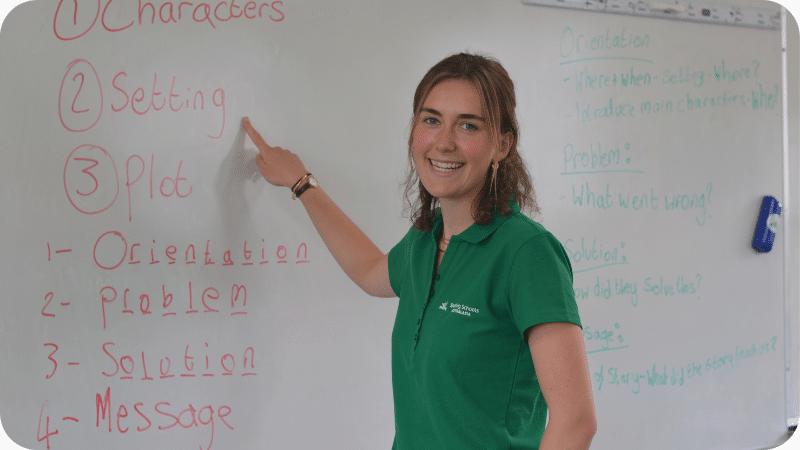
Who are the main stakeholders in education debates?
Within each main topic area, we can usually predict at least some of the main stakeholders who will be affected by the debating topic.
A stakeholder is someone who is affected by the motion being debated, and it is important to consider their point of view when constructing your arguments.
In Education Debates, the main stakeholders are usually students, teachers and parents. It is important to remember that these three groups want different things out of education, so their arguments will be different. For example, teachers might argue for better pay and more resources, whereas students will argue for more free time and less homework.
Other stakeholders may include government policymakers, school administrators and members of the general public who are not directly involved in education but can still be affected by the outcomes of an education debate.
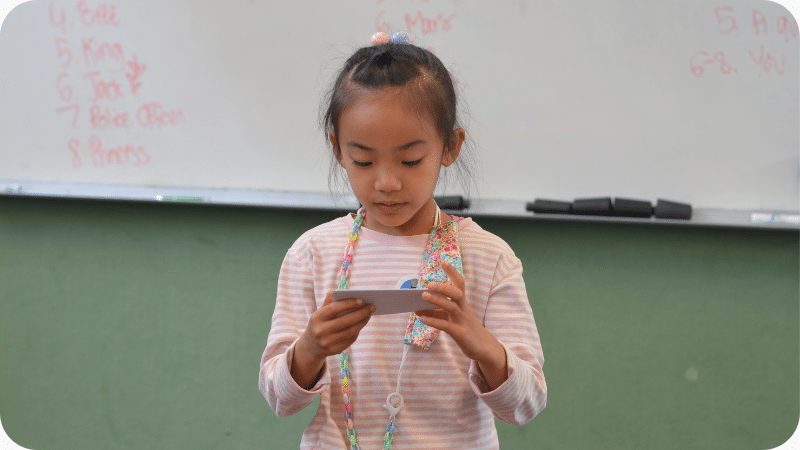
Breaking down the stakeholders in education debates
Each of the main stakeholders in Education Debates can (and should) be broken down even further when you are making an argument about how the debate will affect them. Remember: not all parents are the same, not all students are the same, not all teachers are the same, and not all school environments are the same! So, it can be helpful to break it down.
For example, in a debate about banning homework, it is not very persuasive to say that it would be good “for students”. Instead, we could point out that certain groups of students who are particularly disadvantaged by the existence of homework would be benefited if it were banned.
This could include students with learning difficulties, students from low-income backgrounds and students who are already struggling in school.
Similarly, when debating the impacts of certain education policies on teachers, it can be useful to distinguish between the effects on full-time and part-time teachers. Full-time teachers may be more materially affected by changes to pay or resources, while part-time teachers may be more heavily impacted by shifts in workload or the number of hours they can teach each week.
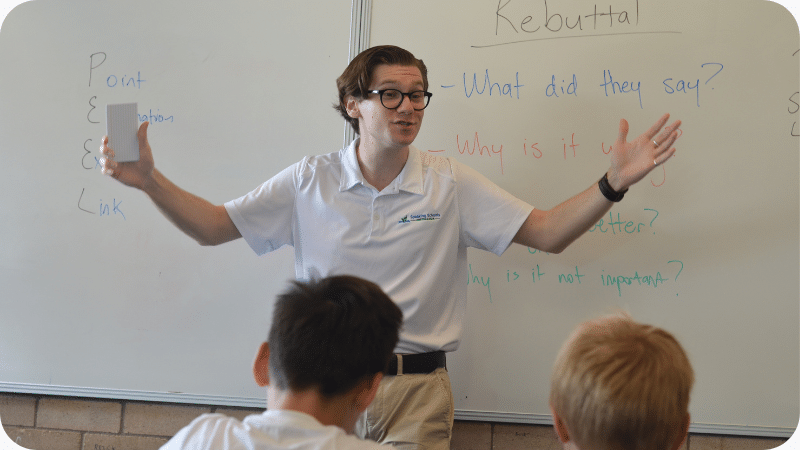
Below, we have listed some common subgroups within each of the main stakeholders that can come up a lot in Education Debates!
Students

‘Students’ can be broken down into:
- Students with learning difficulties
- Students from low-income backgrounds
- Students who are already struggling in school
- High-achieving students
- Students from rural areas
- International students
- Gifted students
- Working students.
- Students who speak English as a second language
- Students who identify as Aboriginal or Torres Strait Islander background
Teachers
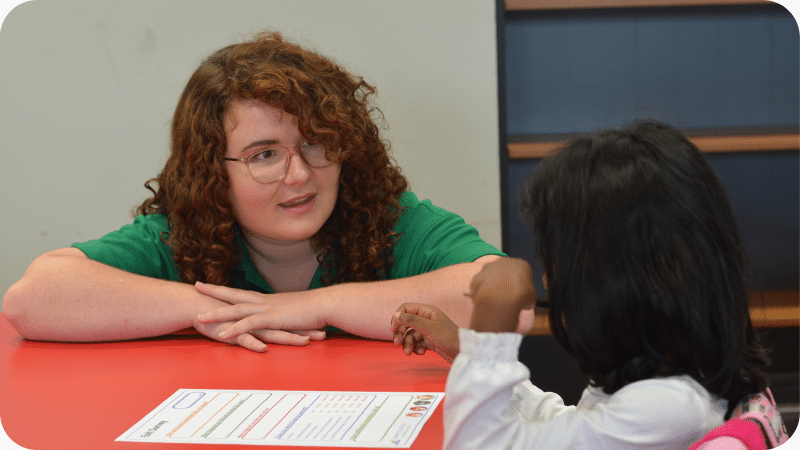
‘Teachers’ can be broken down into subgroups such as:
- Full-time teachers
- Part-time teachers
- Early career teachers
- Longstanding/experienced teachers
- New and innovative teachers
- Specialist subject teachers
- Primary/secondary school teachers
- Public/private school teachers
Parents
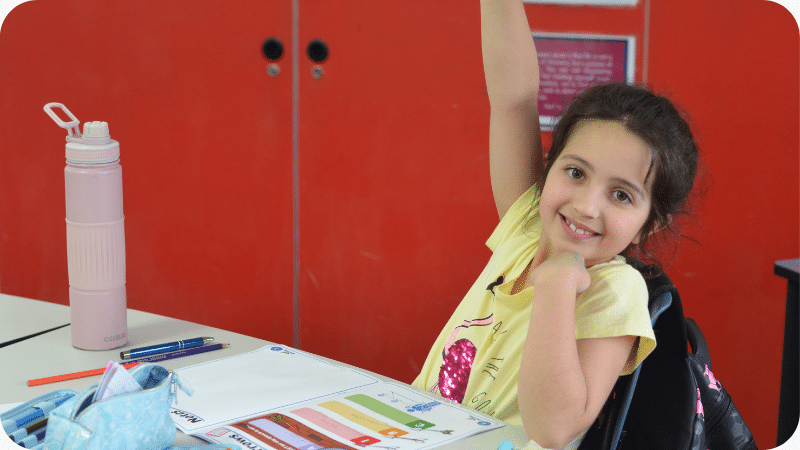
‘Parents’ can be broken down into subgroups such as:
- Single parents
- Parents from low-income backgrounds
- Parents with children who have learning difficulties
- Parents who have/have not attended university
- Parents of gifted children
- Working parents
- Immigrant parents
- Aboriginal and/or Torres Strait Islander parents
- Parents of children who speak English as a second language.
- Parents who work high hours
- Parents with many children
By understanding the different types of stakeholders and breaking them down into smaller subgroups, you can make your arguments more meaningful and effective. This will give you a better chance of convincing people that the topic has a positive impact on society more broadly!
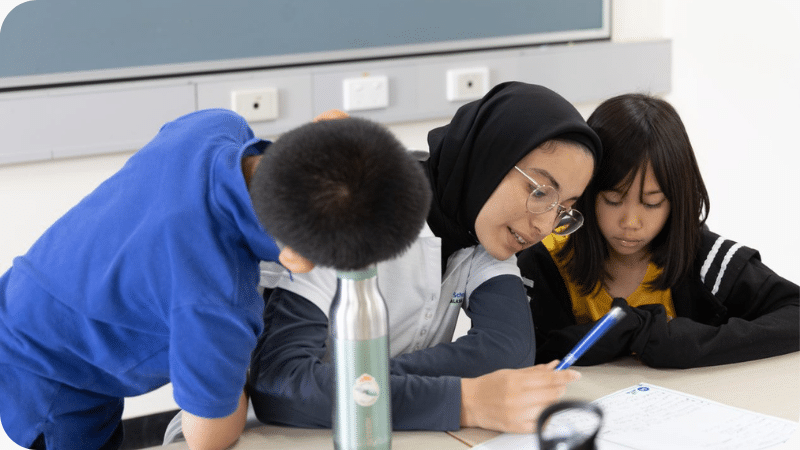
What are some examples of Education topics?
Now that you know what education debates are all about and which stakeholders are affected, it’s time to think about some common education topics that can help you apply what you’ve learned! We’ve provided a list of 25 amazing education debating topics for kids. This list of education debating motions is a great resource to help you come up with ideas for education debates and practice your debating skills!
- That we should provide free school meals to all students
- That we should require all students to wear uniforms
- That we should abolish the national curriculum and replace it with a locally designed one
- That we should make schooling compulsory until the age of 18
- That we should teach financial literacy in schools
- That we should allow students to attend school online when they are sick
- That we should teach coding in all schools
- That we should make textbooks and other resources free for all students
- That we should provide teaching assistants to help with administrative work in all schools.
- That all exams should be replaced with assessment tasks.
- That we should abolish standardised testing
- That all schools should be required to provide options for students to choose vocational training and apprenticeships over academic classes.
- That private student devices should not be allowed in the classroom.
- That students should be allowed to pursue their own interests, rather than being forced to study a certain subject.
- That homework should be banned for primary school students.
- That mental health services should be available full-time in all schools.
- That teachers should have greater autonomy and freedom in the classroom.
- That classes should be grouped based on academic ability rather than age.
- That single-sex schools should be banned.
- That selective schools should be banned.
- That rural schools should receive more funding and resources than those in urban areas.
- That extra-curricular activities should be made compulsory in all schools.
- That student leadership positions should be determined by teachers rather than by student votes.
- That we should cap private school fees.
- That learning a foreign language should be compulsory in school.
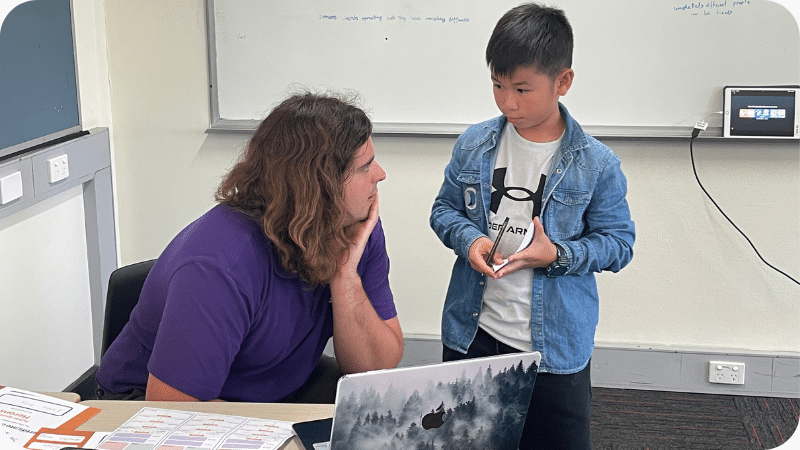
There is a multitude of topics about education that can be discussed and debated, but these are a good place to start. Education is an important topic and is often a contentious one, so it’s important to consider all of the angles and perspectives on any given topic. Consider researching different aspects of each topic before taking part in debates about education-related topics.
What information should I learn to prepare for an education debate?

There are some basic things that can be useful to learn about for education debates. Try doing some research on the following areas:
- Educational policies: Make sure you understand the educational policies in your country and state, as well as any relevant international agreements. This is especially important if you are debating an educational topic that has to do with funding or policy changes.
- Current issues: Depending on the topic of debate, it can be helpful to research current events and trends related to education. This could include looking into issues such as the gender gap in STEM fields, or the global literacy rate.
- Educational research: Doing some research on educational studies and theories can help you understand a topic from different perspectives. This will give you more ammunition for your argument and help you recognize counterarguments.
- Statistics: Looking up some relevant statistics related to the topic you are debating could be helpful in supporting your argument. Make sure that any facts and figures you use are up-to-date and accurate.
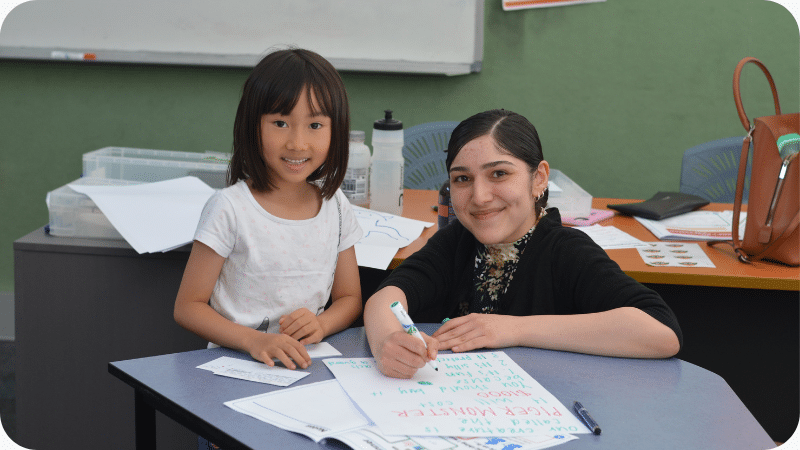
By doing research on these topics, you will be better prepared for any debates about education-related issues. Good luck!
The discussion of education is an ever-evolving one, and it’s important to stay informed on current trends and topics in order to participate effectively in debates about the subject. Researching educational policies, stakeholders, and example topics can all help you better understand the topic at hand, giving you the opportunity to make a strong argument for your position. We hope that these tips have been helpful and wish you the best of luck in your next educational debate!



